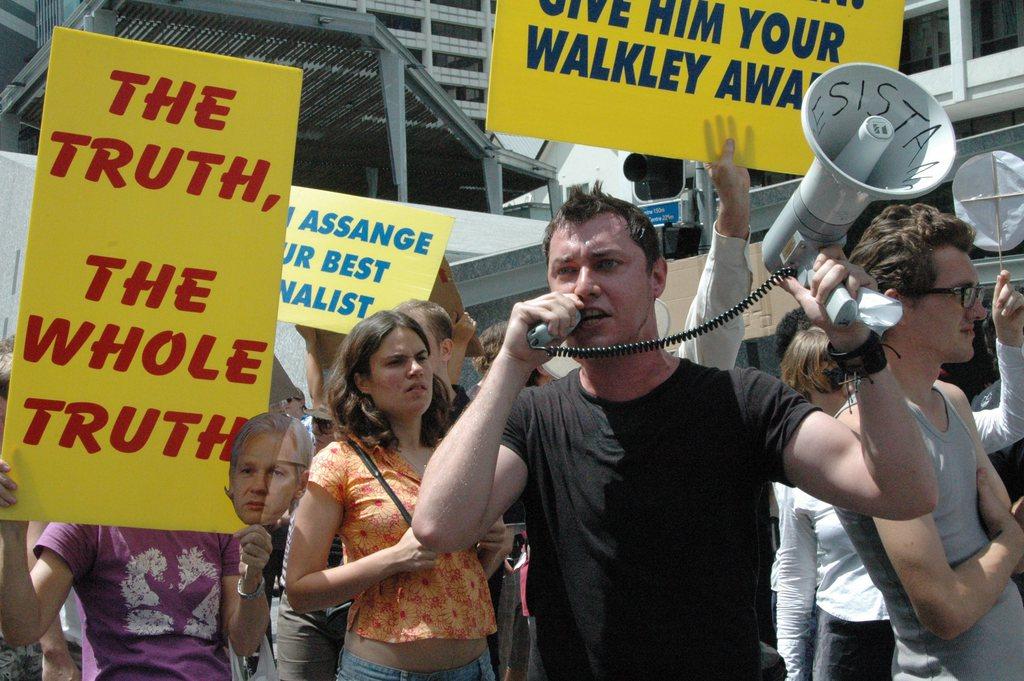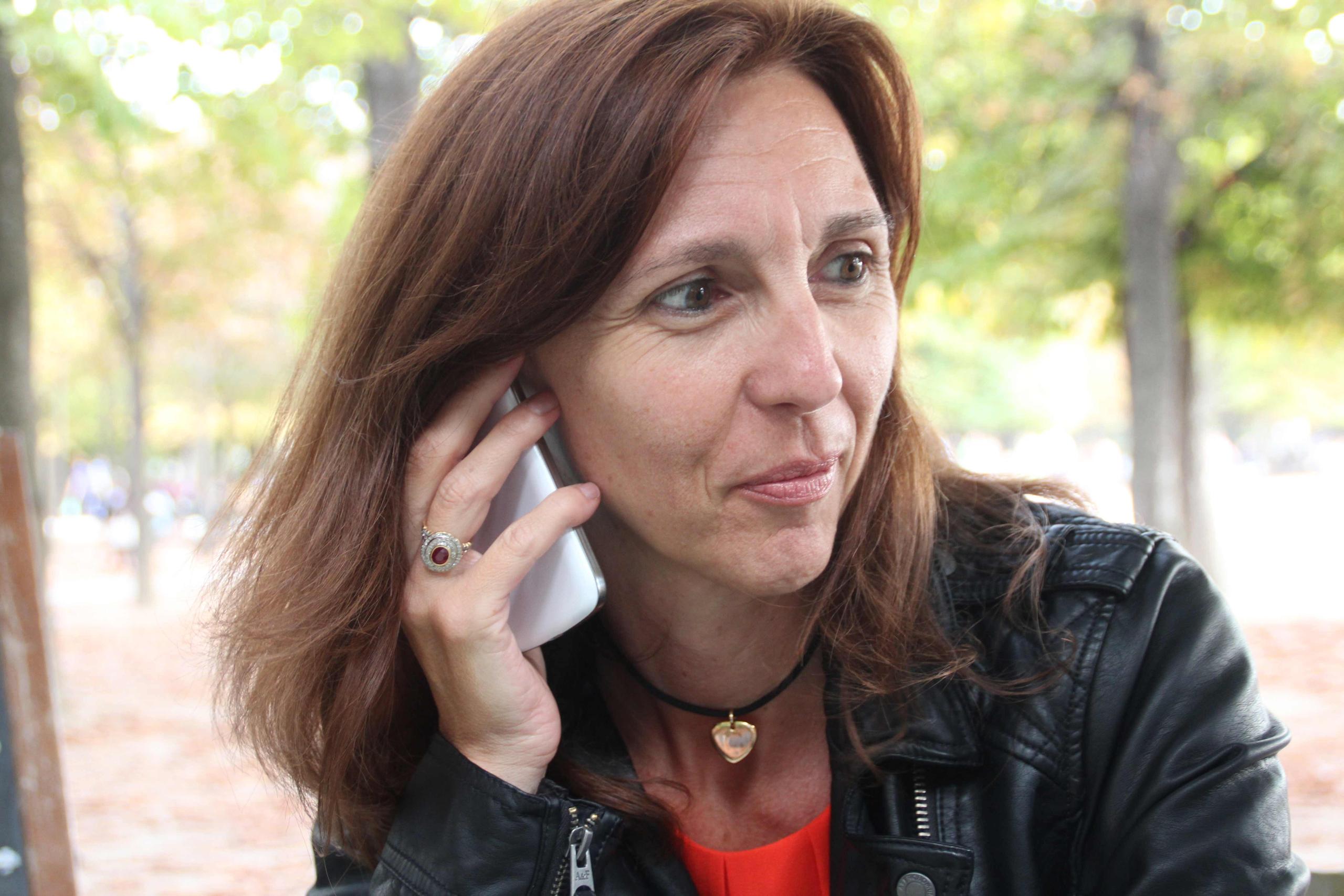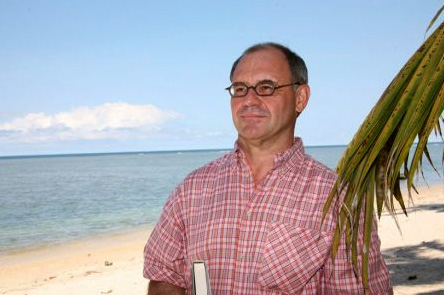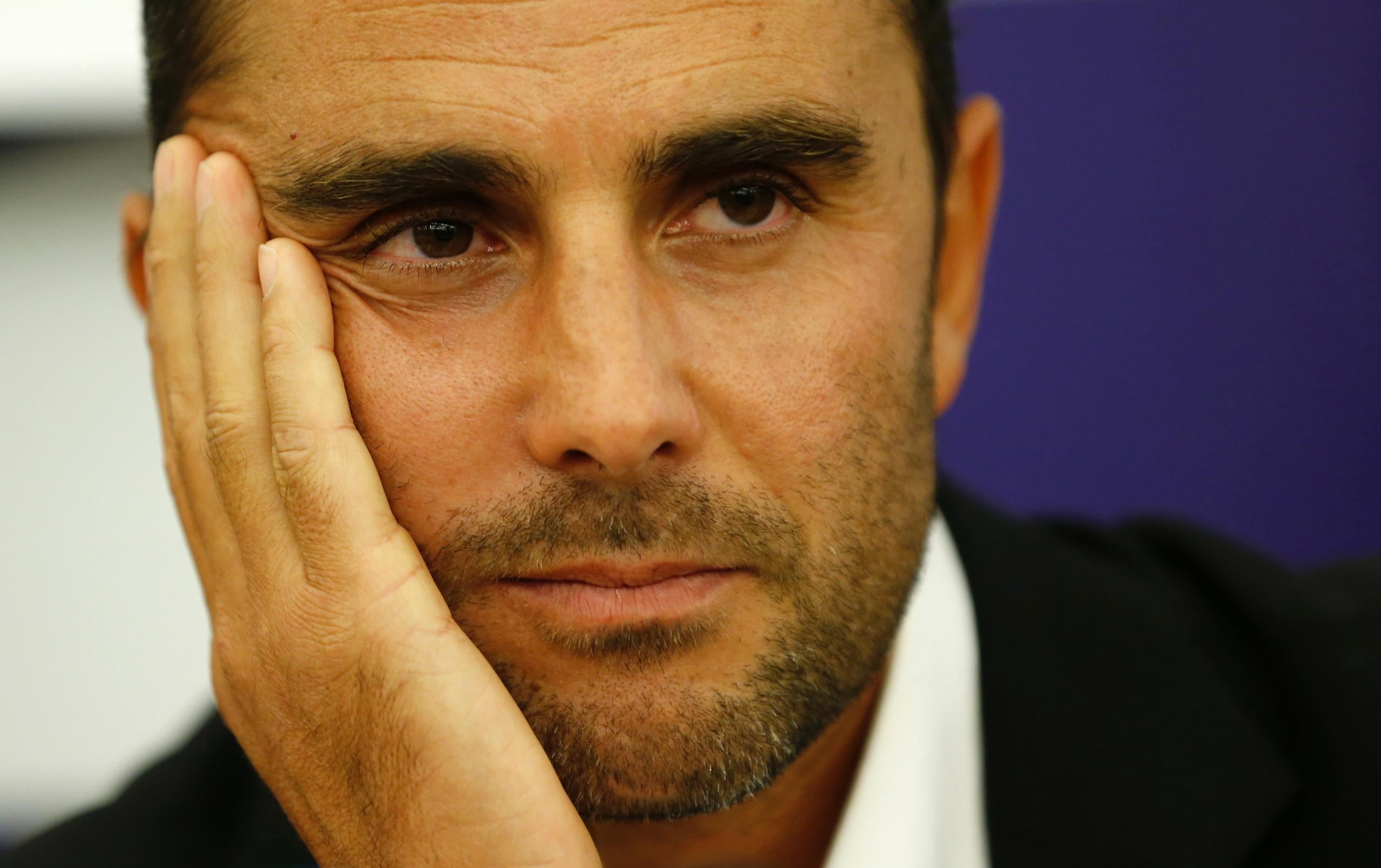Crowdfunding to reward whistleblowers

Would you blow the whistle on corrupt or unethical practices if you knew you would receive a cash reward? A new Swiss crowdfunding platform thinks that’s a good idea.
And so do two notable Swiss whistleblowers, Bradley Birkenfeld and Rudolf Elmer, who both told swissinfo.ch that they support the project and its goals.
“Truth is under attackExternal link,” declares the Zug-based platform TrutheumExternal link. “Intentionally misleading citizens has historically been an effective strategy, not just for governments, but also for many industries and businesses. The only method to combat it is to have an informed population.”
Although many people blow the whistle on corrupt practices simply to do the right thing, Trutheum believes that others need a financial nudge to divulge what they know. Its developers intend to call on the public to build a reward pool of token that can be converted into the cryptocurrency ether – which can in turn be traded for hard cash (one ether was worth around $200 or CHF190 at the time of publication).
The impending token sale aims to raise around 3,000 ether for an initial reward pot. Once it is up and running, people can log into the platform to lodge a ‘request for truth’ and wait for the evidence to arrive. Whistleblowers will only get their reward if the majority of the crowd is convinced by their tip and votes accordingly.
Birkenfeld support
Choosing Switzerland as a place to launch the platform could be viewed as provocative, particularly by the banking centre that has been severely shaken by whistleblowers and the sale of stolen bank data in recent years, most notably to German states.
The most famous instance was the theft of client data from HSBC’s private banking branch in Geneva by former employee Hervé Falciani who gave data. The data found its way to then French Finance Minister Christine Lagarde in 2009 and became known as the ‘Lagarde list’, which was then handed over to other countries.
Two other notable whistleblowers – ex-UBS banker Bradley Birkenfeld and Rudolf Elmer, who worked for Julius Bär’s Cayman Islands subsidiary – faced different experiences after drawing attention to shady banking activities.
Birkenfeld received a $104 million reward from the United States authorities after helping to bring down Swiss banking secrecy. He also served a 30-month US prison term for failing to reveal all he knew to investigators.
In an emailed response to swissinfo.ch, Birkenfeld called Trutheum “a natural and expected reaction” from the Swiss public. “The most effective way to truly expose corruption is to incentivise those people with insider information to come forward with their information,” he said.
“America has a 150-year-old working model for this which can be emulated around the world, to the benefit of citizens everywhere.”
Generating public action
Elmer said he is opposed to a reward system that turns truth into a “money-making machine”. The sale of bank data to Germany is “a business model that I cannot ethically or morally support,” he told swissinfo.ch.
But having faced a long and gruelling series of court battles in Switzerland that cost him an estimated CHF350,000 in court fees, Elmer supports Trutheum’s crowdfunding reward model if it helps whistleblowers fund legal expenses or periods out of work if they get sacked.
Elmer said he is “convinced” that Trutheum could have helped him blow the whistle, as the platform could have generated public awareness and support for his revelations. “Trutheum does at least have potential to create big waves in civil society,” he said. The bottom line would be that more people might be willing to publicly fight abusive practices.”
But Zora Ledergerber, an expert on Swiss whistleblowing laws and founder of the whistleblowing platform Integrity Line, has serious issues with Trutheum.
“In general, I welcome every effort to improve the situation for whistleblowers in Switzerland, she told swissinfo.ch. “But whistleblowers are generally not motivated by money, so this is not really the right incentive to get ‘truth revealers’ to come forward.”
Ledergerber also acts as advisor to Transparency International Switzerland and is a member of Ethics and Compliance Switzerland, an NGO that works with companies on compliance matters.
Freedom of information
She questions whether Trutheum can properly filter “truths” for reliability. “Do they have the resources, know-how, expertise and particularly the necessary access, to investigate every report that comes in and to guarantee the truthfulness of people who receive awards?” she said.
Lederberger also has doubts about the platform’s ability to protect whistleblowers, particularly those that break laws to reveal information.
On its website, Trutheum said it would not “condone any illegal actions”. In an emailed conversation with one of Trutheum’s founders, Felix Sigiward, said that crowd democracy could be trusted to weed out falsehoods and illegal activity. “Our users and network must police themselves through voting,” he said.
Sigiward also pointed out that Trutheum is not directed solely at whistleblowers or the financial system, but uncovering truths of all flavours – something along the lines of a crowdfunded freedom of information service.
In 1973, Stanley Adams blew the whistle on his employer – pharmaceutical firm Roche – for illegally fixing the prices of vitamins. Adams was arrested and held in prison, only to be released when his wife committed suicide. Adams was compensated by the European Commission, which inadvertently leaked his name to the Swiss, but also served five years in Britain for the attempted murder of his second wife.
Christoph Meili was a Swiss security guard who saved Holocaust-era bank documents from the shredder at UBS bank in 1997.
Meili, who was then working for an outside security firm, gave the documents he saved to a Jewish organisation. The disclosure led to the Zurich authorities opening a judicial investigation against Meili on suspicion of violating banking secrecy.
Bradley Birkenfeld, a former Credit Suisse and UBS private banker, handed over confidential information to the United States authorities, starting a process that allowed them to prosecute several banks and tear down some of Switzerland’s secrecy walls.
Birkenfeld received a $104 million reward for helping recover US tax revenues, but was also sentenced to a 30-month prison term for failing to divulge everything to the authorities. Birkenfeld remains highly critical of the decision to send him to jail.
Hervé Falciani took data from his former employer, HSBC Switzerland, and tried to sell it to various countries. The data ended up in the hands of then French Finance Minister Christine Lagarde in 2009 who passed on the details to other governments.
In 2015, a Swiss court sentenced Falciani to five years in jail for industrial espionage and violating banking secrecy laws. He did not attend the court hearing and remains at large.
Rudolf Elmer worked for nearly two decades at Swiss private bank Julius Bär until he was sacked in 2002. He unsuccessfully attempted to pass on evidence of alleged malpractice of the bank to the media until finding a willing recipient in Wikileaks in 2007, that appeared on the campaigning group’s website.
Elmer has faced several court hearings in Switzerland before it was eventually established that, as an employee of a Cayman Islands subsidiary, he was not subject to Swiss banking secrecy laws. Elmer is trying to sue Julius Bär, claiming the bank put him through unjustified hardship by sparking the criminal investigation into his activities.
Other bankers have also passed on information (sometimes in exchange for financial rewards) in direct violation of Swiss laws. Some individuals have been jailed or fined for their activities.

In compliance with the JTI standards
More: SWI swissinfo.ch certified by the Journalism Trust Initiative






You can find an overview of ongoing debates with our journalists here. Please join us!
If you want to start a conversation about a topic raised in this article or want to report factual errors, email us at english@swissinfo.ch.